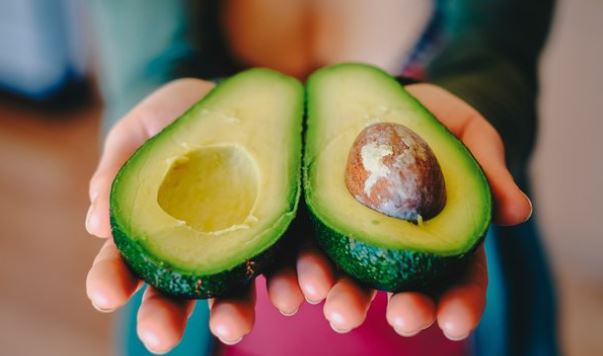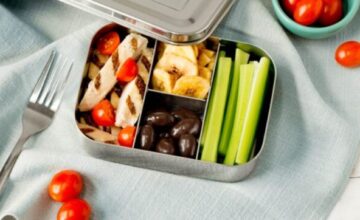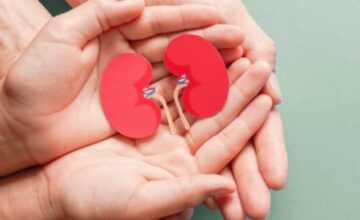
Your kidneys filter your blood, remove waste, help in balancing minerals and also maintains fluid balance in the body.
They are an important organ in ensuring the healthy running of the body. However, many people suffer from kidney damage caused by uncontrolled diabetes or high blood pressure.
Alcoholism, hepatitis C virus and HIV infections are also major risk factors of kidney damage. People suffering from kidney damage have to follow certain dietary restrictions.
These may differ based on the stage of the disease you are on; however, a few restrictions are common. A renal diet limits the intake of sodium and potassium to 2000 mg per day.
Here are 13 foods you should avoid if you are on a renal diet.
1. Dark-coloured soda
Sodas have additives that have phosphorus which is a big no-no if you are on a renal diet. It is added to enhance flavour, increase shelf life and also prevent discolouration. Such kinds of phosphorus are found in salt and are more likely to be absorbed. Most dark sodas contain 50-100 mg of phosphorus in a 200 ml serving.
2. Avocados
They are a rich source of potassium. One cup can contain up to 727 mg of potassium. Therefore, it is advisable to avoid avocados in all forms if you are on a renal diet. It is important for people with bad renal health to limit their intake of potassium.
3. Canned foods
Most canned foods have high amounts of sodium as a ton of salt is added to them for preservation. It is better to choose ones which do not have any added salt or are low in sodium. Draining and rinsing the contents can also decrease the amount of sodium intake.
4. Whole wheat bread
It is important for people with kidney issues to watch what kind of bread they eat. Whole wheat bread might have a higher fiber content. However, it is high in phosphorus and potassium. A 30-gram serving can contain as much as 57 mg of phosphorus and 69 mg of potassium.
5. Brown rice
Brown rice, too, is high in potassium and phosphorus. One cup contains 150 mg of phosphorus and 154 mg of potassium. You need to control your portion if you want to continue consuming brown rice on a renal diet and balance it with other foods which are not high in potassium and phosphorus.
6. Bananas
Bananas have a very high potassium content. They are low on sodium but can contain 422 mg of potassium. It is not possible for people on a renal diet to continue consuming bananas as an everyday staple.
7. Dairy
Dairy products, though high in minerals and vitamins are high in phosphorus and potassium. Consuming too much can actually be bad for bone health of people with renal problems. The buildup of phosphorus on the bones can pull calcium from the bones which makes them weak.
8. Oranges
Oranges are known to be high in potassium. One large orange contains 333 mg of potassium whereas one cup of orange juice can contain 473 mg of potassium. Grapes, apples and cranberries are good substitutes for oranges.
9. Processed meat
Processed meats are generally salted, dried or canned and are often linked to chronic diseases. They have a huge amount of salt to improve taste and preserve them. Therefore, it is difficult to maintain your daily sodium intake when you consume a lot of processed meat.
10. Pickles and relish
Salt is a huge part of the pickling process. One smear can contain more than 300 mg of sodium. The same is the case for relishes and pickled olives. You end up consuming a major percentage of your allowed daily dose with just a little bit of pickle.
11. Apricots
Even though apricots are rich in vitamin C, A and fiber, they are also a huge source of potassium. One cup can provide 427 mg of potassium. It is even more concentrated in dried apricots. One cup can contain as much as 1500 mg of potassium.
12. Potatoes
One medium sized potato contains 610 mg of potassium. Such high potassium foods can be soaked and leached to reduce the amount of potassium in them. Cut small pieces of potatoes and boil them for 10 minutes to reduce potassium content by as much as 50%.
13. Tomatoes
Tomatoes are another everyday staple that is high in potassium. I cup of tomato sauce has about 900 mg of potassium. A good alternative for tomato sauce is to use roasted red pepper sauce which is delicious and has less potassium per serving.




